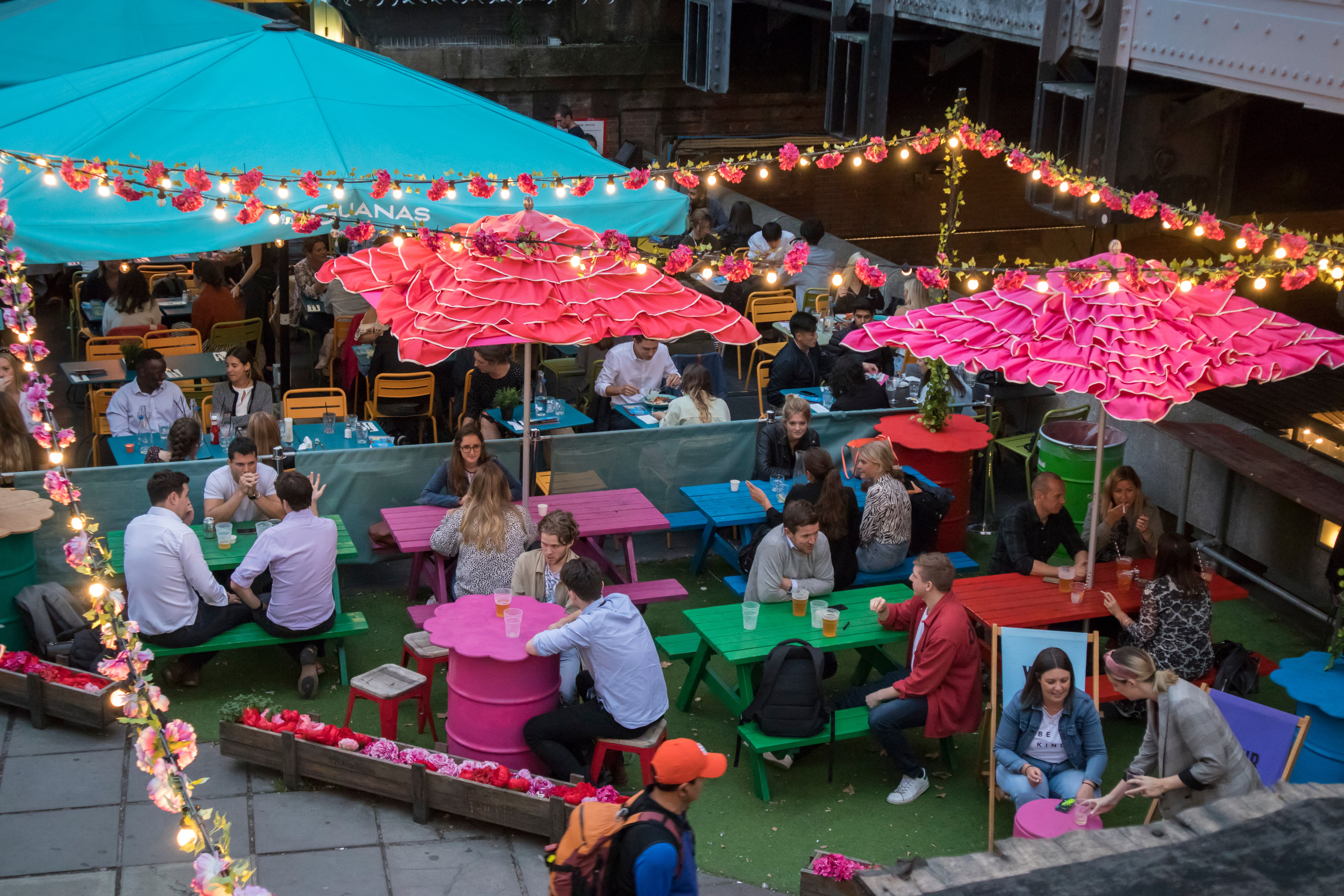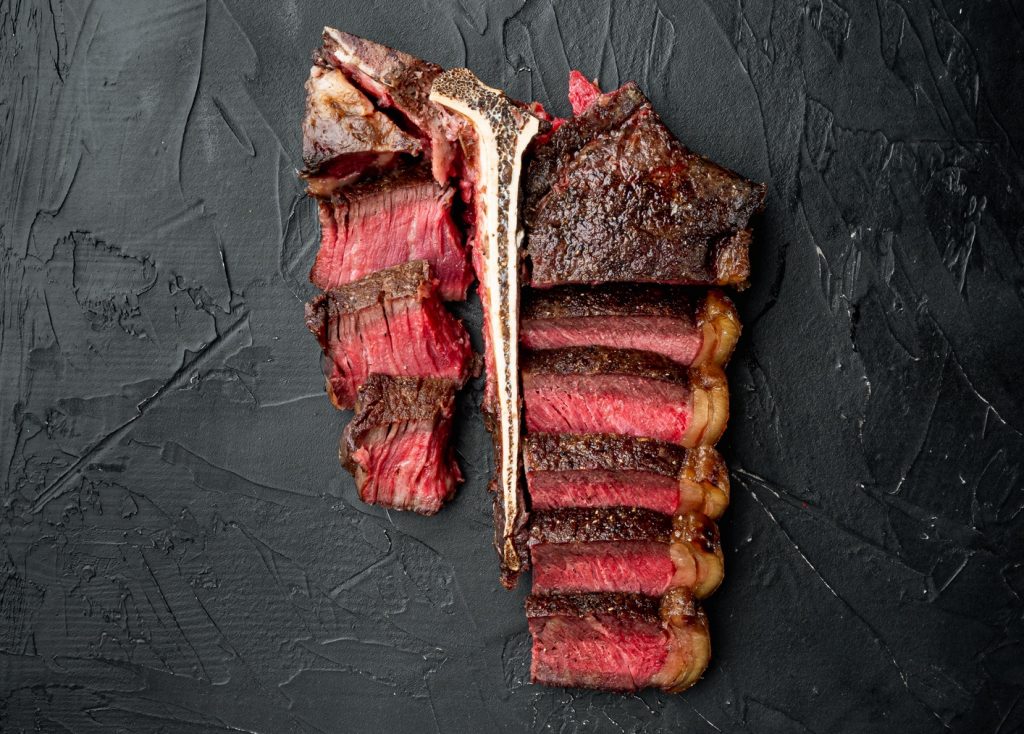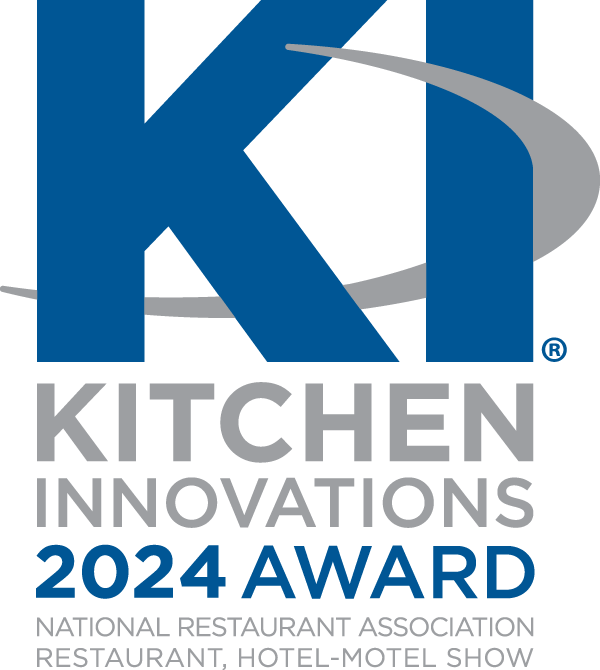
This story has been updated since it was first published – please refer to the bottom for updates
There will be a serious cabinet discussion this week about allowing pubs and restaurants to reopen on 15 June. This is almost three weeks earlier than the date previously touted, 4 July. Half a dozen ministers headed by chancellor Rishi Sunak, dubbed the Save Summer six, are thought to be behind the call to enable premises with terraces, beer gardens or space to put up a marquee to open to customers. This is in response to the hospitality sector’s fears that many businesses will not reopen at all unless they are able to reopen soon. Plus the scary statistic of a potential 3.5 million job losses in the sector will be causing concern.
“It is generally fantastic news and a huge sigh of relief for catering businesses who potentially will be at their lowest ebb financially and emotionally,” says Julian Edwards FCSI, director of GY5 in response to the news of a June date being announced. “Hospitality is the hub of a community in many cases, for example the local pub. To restore social outlets to communities is hugely important to the country right now. There is no better way to right the wrongs of society than over a pint.”
Prime Minister Boris Johnson is also said to be in favour of reducing the social distance limit from two metres to one metre. He has listened to industry-wide clamour that only about a quarter of businesses would be able to operate under the current restrictions and as for those that can open, the reduction in customers this distance would impose would mean not just horribly reduced profits, but a lack of any profit at all for 98% of these businesses. However, the final say may go to scientists, who are worried about a second wave of infection.
Getting ready
With 1,492 more restaurants predicted to be opening for takeaway business this week, led by McDonald’s across the UK, but with familiar names in London, such as Dishoom, Feng Sushi and Emilia’s Crafted Pasta joining in. Getting up and running for takeaway could be a way for restaurants to get ready for full opening for customers, making sure equipment and processes are working and staff are back in the swing of things.
“The trade is desperate to ring some cash in its tills.” says Edwards. “But for staff travelling in and working safely it is a troubling time and a big worry. Businesses have remodelled their customer flow, method of service and taking payment. Businesses that cannot represent a safe place to visit, or work, will soon lose out as customer confidence can be shattered quickly if they see something out of place
We have been made aware of how many suppliers to the restaurant trade are turning to selling to customers direct to try to mitigate the loss of their customer base. Indeed, it may take time for these supply lines to be reconnected. As Edwards says: “There are many logistical issues, not least supply chain and PPE requirements.”
Washing our linen
Another sector that may not be able to come back from lockdown is the laundry business. Its biggest clients, hotels and restaurants, stopped needing their services in March.
“The majority of our income stopped overnight when hospitality was shut down. Why can’t government accept laundries like us as ‘hospitality classified’, when clearly we are exactly that?” says Matthew Simon, a director at Empire Laundry in London. “The message is simple; hospitality laundries are part of the hospitality industry. We need help.”
While hospitality operators are getting support due to the damage the COVID-19 crisis is inflicting – with rent and rates for example – the laundries that supply them, and that hotels and restaurants rely on, are getting nothing. “It’s a ludicrous situation,” says David Stevens, the CEO of the Textile Services Association (TSA), the trade body representing the UK laundry industry. “We’ve pushed and pushed for government and councils to recognise laundries as part of the hospitality industry, because they are integral to its survival. When the hospitality industry closes down, the hospitality laundry industry closes down. They are part and parcel of the same organism.
As we slowly inch towards what we are already fed up with calling the ‘new normal’, foodservice operators continue to demonstrate amazing flexibility and inventiveness. However, the behaviour of the general public, let out and about after an unprecedented period of restraint, could be the critical factor. As Edwards concludes: “The biggest challenge could be to communicate to guests in a friendly and efficient manner as to how they behave at a premises for everyone’s safety.”
Jacquetta Picton
UPDATE
“I know there’s been a lot of speculation about when we might be able to reopen these parts of the economy and I completely understand why we’re all so keen to get them back up and running, and I absolutely share that enthusiasm,” he continued. “But we continue to follow the road map which set out our ambition to reopen these sectors from July 4 at the earliest.”
So it appears foodservice outlets in the UK have a few more weeks to prepare.




